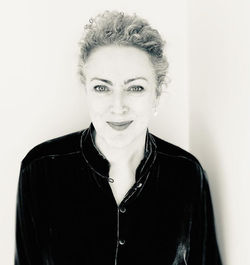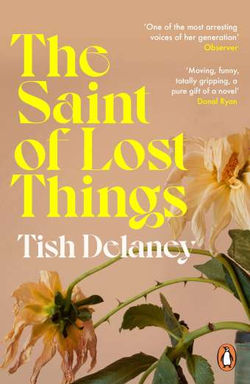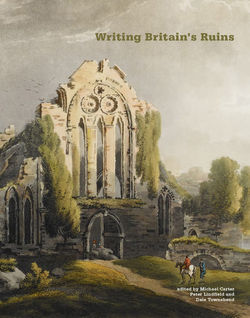
A Celebration of Gothic Literature
From wild and remote landscapes to vulnerable heroines; from violent and erotic fantasies to supernatural and uncanny happenings; Gothic fiction has intrigued and unsettled readers for more than two centuries. It explores themes of horror, romance, and the macabre.
Set often in bleak landscapes, old castles, ruins, or haunted houses where secrets, mysteries, and dangers lurk, it serves as a mirror to human anxieties and desires. In a more modern day setting it creates a mood of fear, dread, and suspense.
While some of the most famous examples of Gothic literature are Mary Shelley's Frankenstein, Edgar Allan Poe's stories and poems, and Bram Stoker's Dracula, more modern examples would include Daphne du Maurier's Rebecca, with its combination of emotional intensity, isolation, mysterious setting and foreboding atmosphere. More recent writers such as Neil Gaiman, Stephen King and Sarah Waters embody Gothic elements, particularly in the exploration of humanity’s darker side.
Across both traditional and modern Gothic literature, a common thread remains: the exploration of the unknown, whether it's the supernatural or the dark and mysterious aspects of human nature.
(From the British Library 'The Gothic')
 Tish Delaney |  2023 |  Dale Townshend |
|---|---|---|
 Zoe Somerville |  A J West |  Anna Mazzola |
 Xavier Aldana Reyes |  2021 |  Anna Mazzola |
|---|---|---|
 Rosie Garland |  Andrew Michael Hurley |  Karen Maitland |
 |  |  |  |  |  |
|---|---|---|---|---|---|
 |  |  |  |  |  |
 |  |  |
